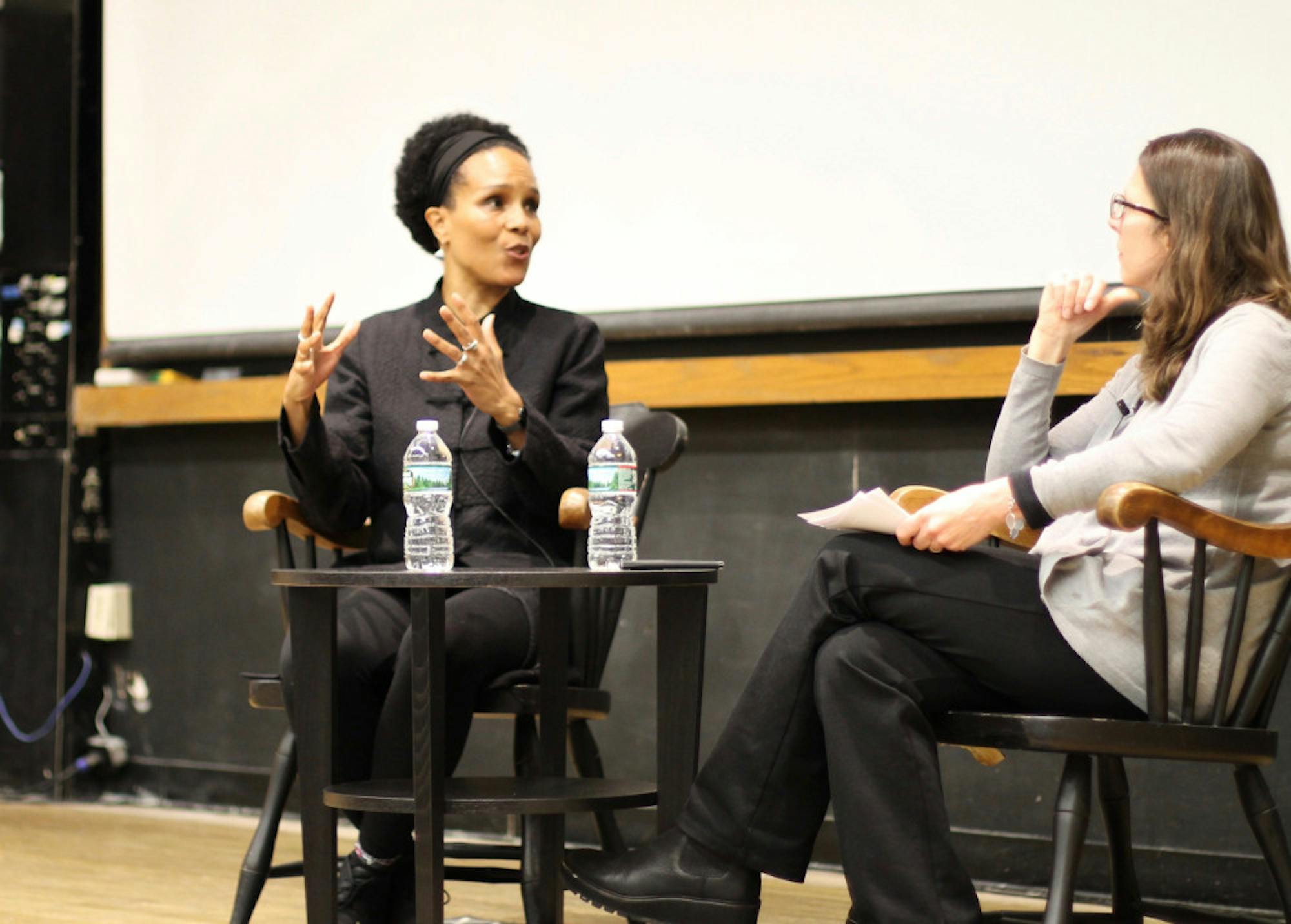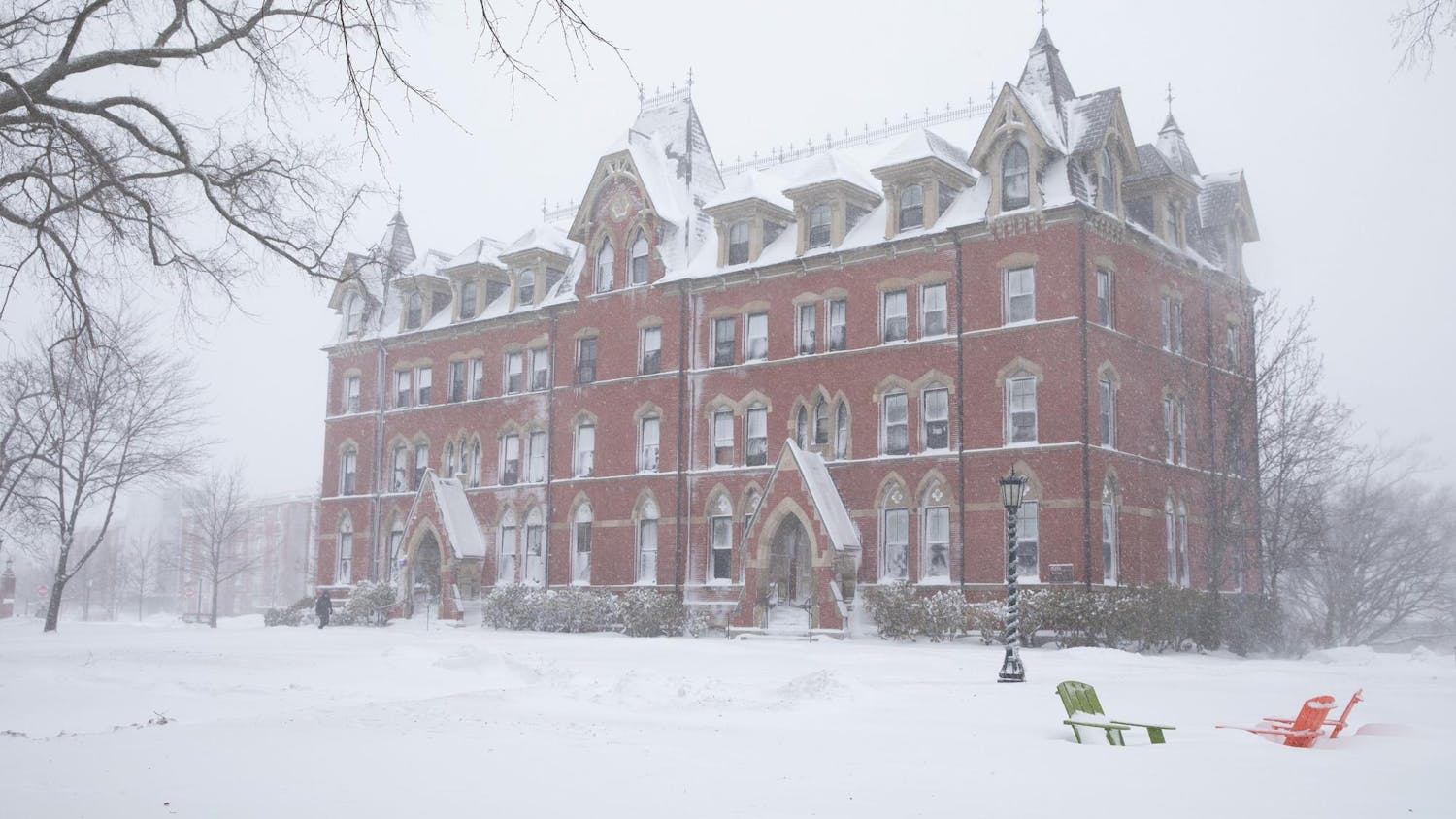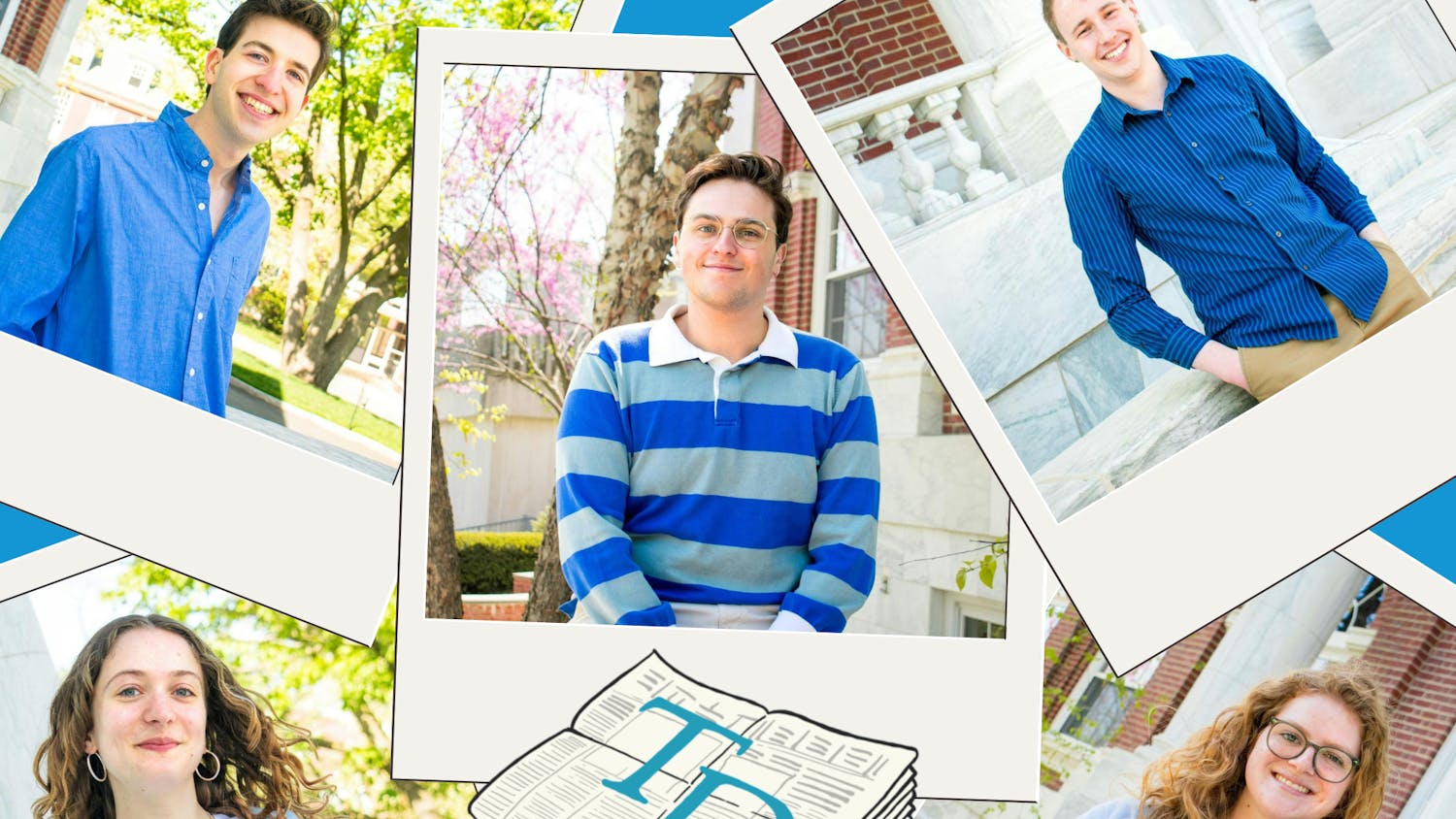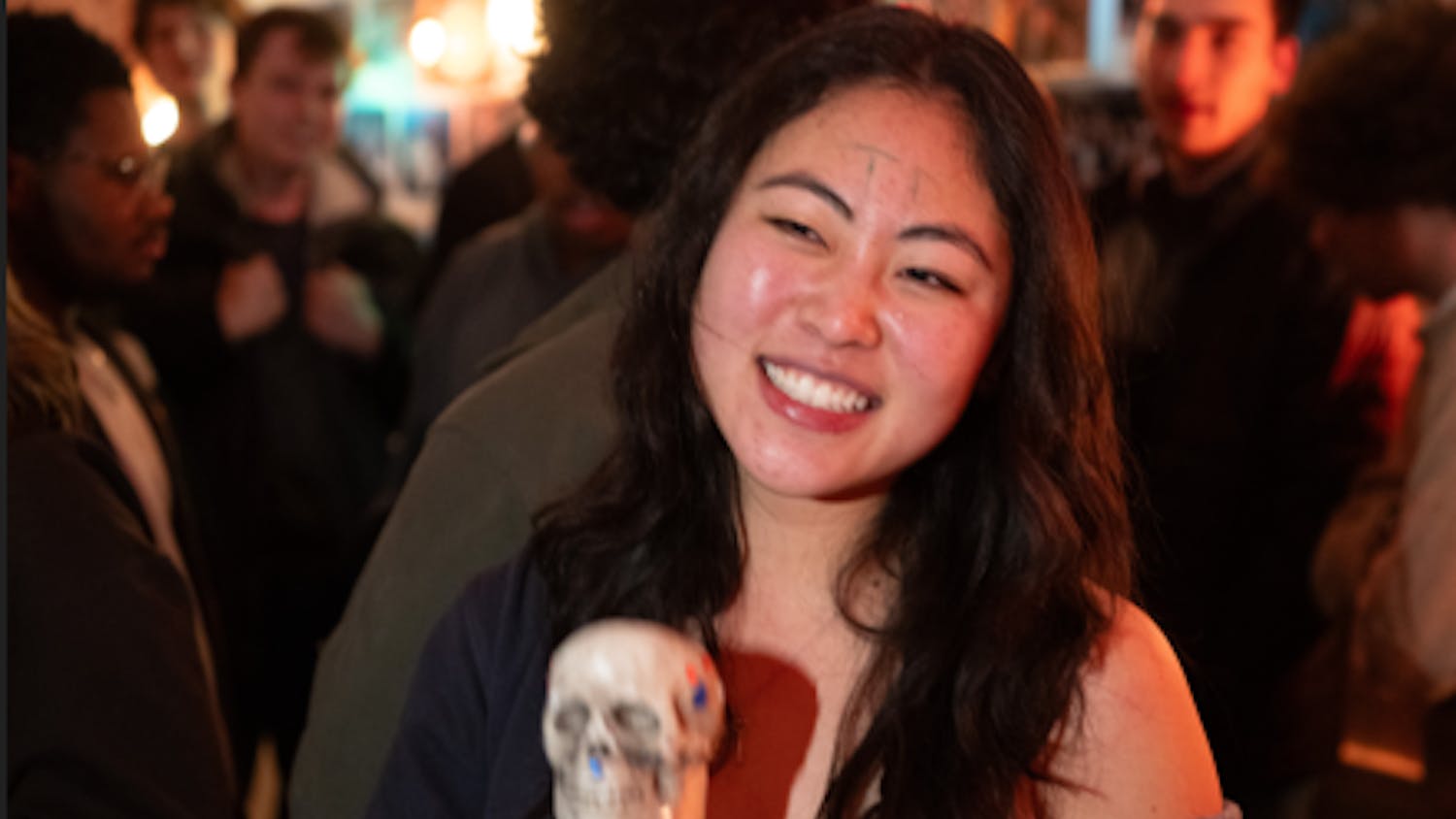The Experimental College (ExCollege) hosted its fourth Voices from the Edge annual speaker series last night in Barnum 008. This year’s speaker was Tracy Heather Strain, documentary maker and writer most known for her documentary “Sighted Eyes/Feeling Heart,” which centers on the life of playwright Lorraine Hansberry.
The Voices from the Edge series began as part of a celebration of the 50th anniversary of the ExCollege, according to Madeleine Delpha, programs administrator at the ExCollege. It began in the fall of 2015, but the past three events have been in the spring. The series is funded by a financial gift from Tufts alum Sarah Janover (LA ’85) and her husband, Tom.
According to Delpha, the goal of the series is to bring an innovator in their field to speak on campus.
“We want someone who fulfills the ExCollege brand," she explained. " We try to push boundaries and have people think outside the traditional curriculum, so we try to have speakers that think outside the traditional conventions of their respective fields."
The event began with opening remarks by University President Anthony Monaco, followed ExCollege Director Howard Woolf.
Woolf introduced Strain as an iconoclast, idealist and innovator.
The presentation began with an 11-minute video clip showcasing four of Strain’s previous documentaries, including "Sighted Eyes/Feeling Heart.” After, Jennifer Burton, a professor of the practice in the drama and dance department, began the conversation. Her first question to Strain addressed the universal nature of Hansberry’s most famous work, "A Raisin in the Sun," and the personal quality of Strain's documentaries.
“We dive into the research and we look for very specific details that bring out a relatable human story,” Strain explained. “I do a lot of research. That's my favorite part, because all the possibilities are open.”
Strain said she has been fascinated with Hansberry since she was 17 years old.
“There's so many things you can say about Lorraine Hansberry. She was organically a part of her time,” Strain said.
Strain explained that a key aspect of making any documentary is finding the storyline to follow. She said she found this in Hansberry’s role as an artist-activist.
“Lorraine Hansberry really wanted to change the world,” Strain added. “She was concerned how African Americans are treated, she was concerned with how gays and lesbians are treated and she was also concerned with how radicals are treated.”
The conversation shifted to a discussion on the social role of narrative media like plays and documentaries today, drawing a parallel between the lasting impact of "A Raisin in the Sun" and more recent projects like "Sighted Eyes/Feeling Heart."
Speaking about her own work, Strain explained the importance of making her work relatable to audiences through emotional appeal.
“I want the people who are talking to you [in the films]," she said. " I want you to feel like you identify with them and you want to be part of the journey that they are on."
Strain also explained that it can be more difficult for people of color and women to get access to the funding and resources necessary for their projects, often because the projects they are interested in are assumed to only appeal to a certain demographic.
During time for audience questions, Strain addressed what she sees as a lack of diversity in films about the African-American experience.
“I feel a great responsibility to have these films that I make be a part of this canon that inspires, informs and enlightens,” she explained.
Prompted by other student questions, Strain spoke on the role of her past in making her the artist that she is today, as well as what her future in documentary filmmaking could look like.
Though Strain has no other “dream project” in the works at the moment, she told the Daily in an interview that while documentary filmmaking is evolving, she still has faith that traditional films will endure.
“I’ve noticed with my students, they still like to lean back and have a good story told to them," she said. "So the traditional 'sit-down-and-watch an hour to two-hour movie' format is still going to be with us in the future."
Tracy Heather Strain delivers annual Voices from the Edge lecture

Tracy Heather Strain speaks at Voices from the Edge in Barnum Hall on April 3, 2018.





